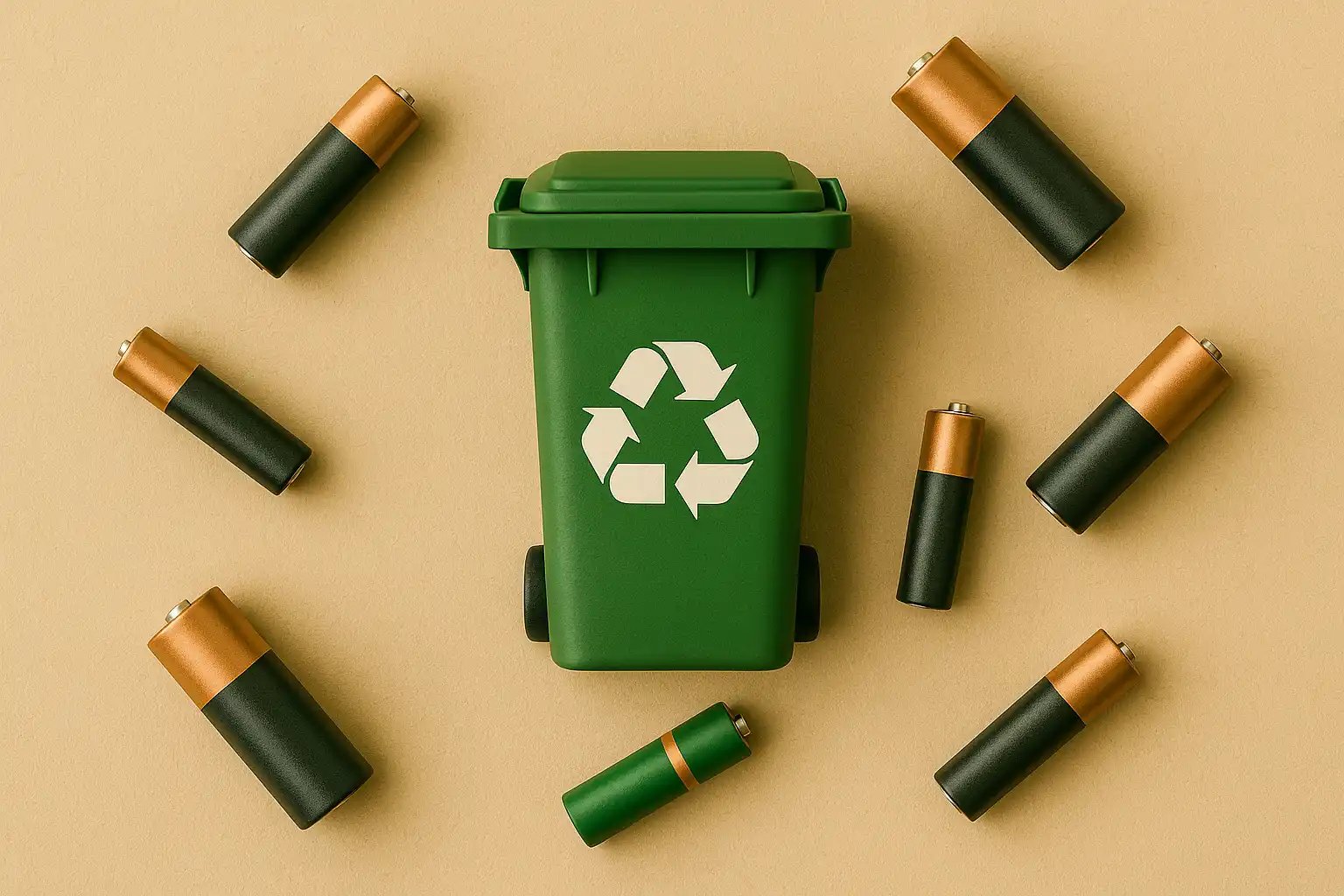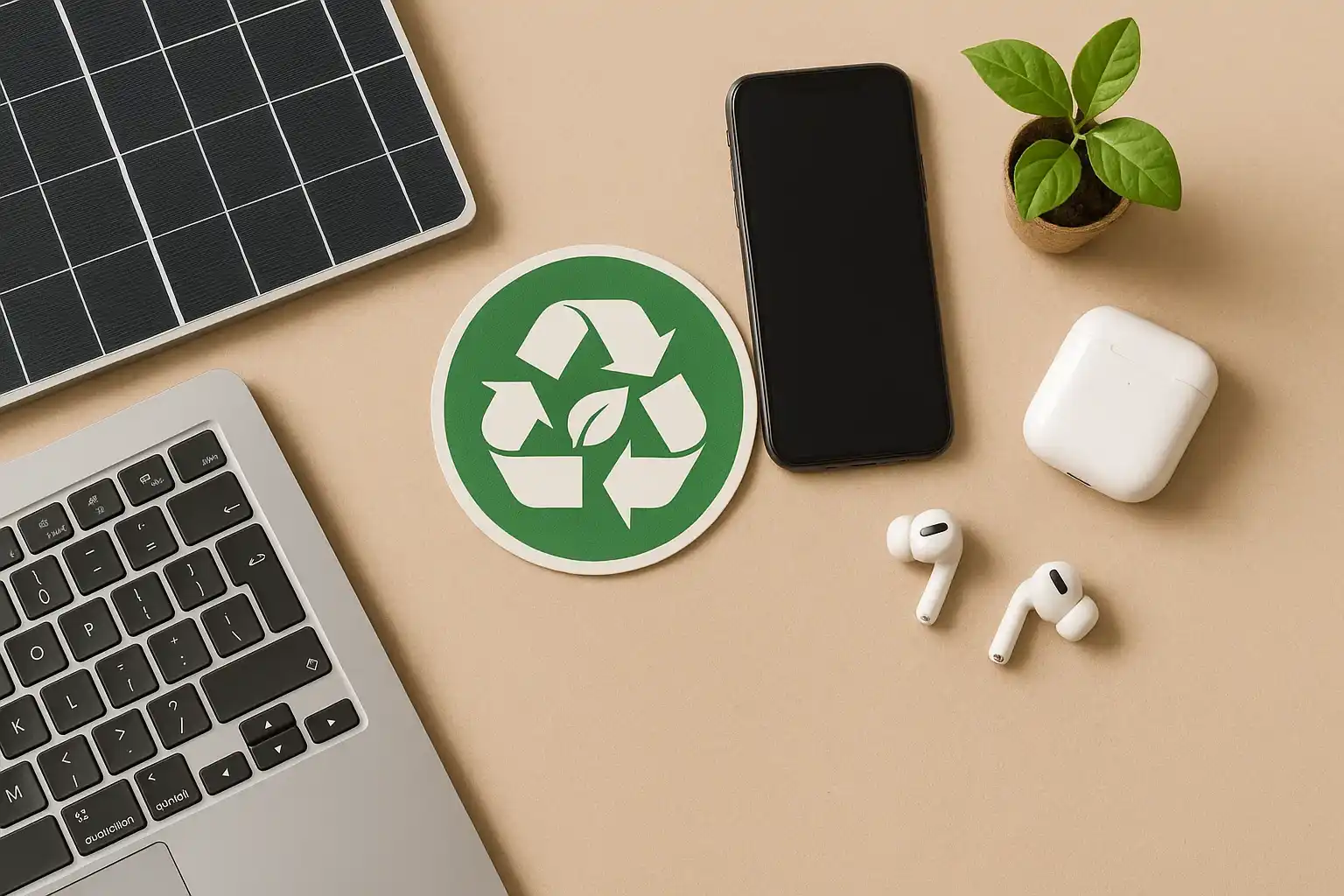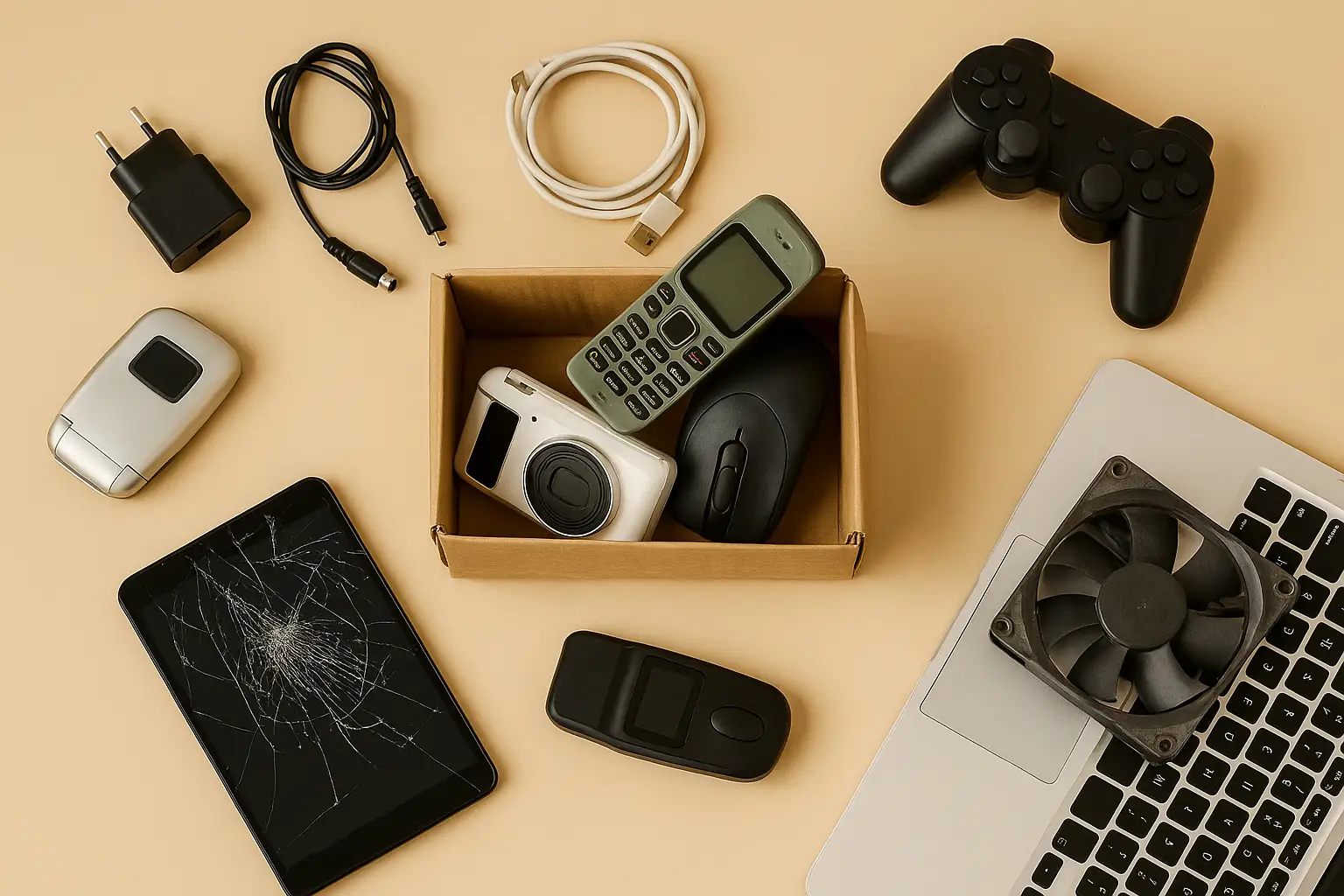Powering Down Pollution: Reducing Battery Waste for a Cleaner Planet

In our increasingly battery-powered world, from the remote controls in our living rooms to the smartphones in our pockets and the growing array of wireless gadgets that simplify our lives, batteries have become an indispensable source of energy. While they provide us with portable power and convenience, the sheer volume of batteries consumed globally, particularly single-use varieties, presents a significant and often overlooked environmental challenge: battery waste. Improperly discarded batteries, whether alkaline, lithium-ion, or others, can leach toxic heavy metals into our soil and water, posing serious risks to both human health and the delicate balance of our ecosystems.
The seemingly small act of tossing a dead battery into the regular trash bin has far-reaching consequences. Unlike many other forms of waste, batteries contain a complex cocktail of materials, including heavy metals such as mercury, lead, cadmium, and nickel, as well as corrosive electrolytes. When these batteries decompose in landfills, these hazardous substances can escape and contaminate the surrounding environment. This toxic leachate can seep into groundwater, eventually finding its way into our drinking water sources and agricultural lands, posing long-term health risks. Furthermore, the improper disposal of lithium-ion batteries, increasingly common in our electronic devices, can also lead to fires and explosions in waste management facilities due to their volatile nature.
Recognizing the significant environmental and health hazards associated with battery waste is the crucial first step towards adopting more responsible practices. Fortunately, readily available alternatives and proper disposal methods offer tangible solutions for minimizing this toxic pollution and conserving valuable resources. By embracing rechargeable batteries, utilizing designated battery collection points, and exploring sustainable charging options like solar power, we can collectively power down pollution and contribute to a cleaner, healthier planet for ourselves and future generations.
The Sustainable Switch: Embracing Rechargeable Batteries
One of the most impactful ways to reduce battery waste is to make the conscious switch from single-use batteries to rechargeable batteries. While the initial cost of rechargeable batteries and a charger may be slightly higher, their long-term economic and environmental benefits are substantial. Rechargeable batteries can be used hundreds, if not thousands, of times, significantly reducing the number of single-use batteries that end up in landfills. This simple shift in habit can dramatically decrease the amount of toxic heavy metals entering our waste stream and conserve the resources required to manufacture new single-use batteries.
Consider the multitude of devices in our homes that rely on batteries: remote controls, toys, wireless keyboards and mice, cameras, and portable audio devices. Transitioning these to rechargeable alternatives, such as NiMH (Nickel-Metal Hydride) or lithium-ion rechargeable batteries, can make a significant difference. Brands like Eneloop are renowned for their high-quality, long-lasting rechargeable batteries with low self-discharge rates, making them a reliable and sustainable choice. Investing in a good quality battery charger is also essential for maximizing the lifespan and usability of your rechargeable batteries. By making this upfront investment, you not only reduce waste but also save money on repeatedly purchasing single-use batteries over time.
Responsible Disposal: Utilizing Battery Collection Points
For batteries that are no longer rechargeable or have reached the end of their lifespan, proper disposal is paramount. Instead of tossing them in the regular trash, it is crucial to utilize designated battery collection points. Many communities, retailers, and recycling centers offer specific bins or programs for the safe collection and recycling of batteries. These collection points ensure that batteries are handled properly, with valuable materials recovered and hazardous substances managed in an environmentally sound manner.
Organizations like Call2Recycle provide convenient drop-off locations for various types of batteries across many regions. Retail stores that sell batteries often also participate in take-back programs. Checking your local government's waste management website or contacting your municipal recycling center can provide information on battery collection points in your area. Making the effort to collect your used batteries and transport them to these designated facilities is a vital step in preventing toxic heavy metals from polluting our environment and conserving valuable resources that can be recovered and reused in new products.
Harnessing the Sun: Exploring Solar Chargers
For certain portable electronic devices, solar chargers offer a sustainable and waste-reducing alternative to traditional batteries altogether. Solar chargers harness the power of the sun to directly charge your devices, eliminating the need for disposable or even rechargeable batteries in some applications. While not suitable for all devices, solar chargers can be particularly useful for charging smartphones, tablets, portable speakers, and other small electronics, especially when you are on the go and away from traditional power outlets.
Brands like Goal Zero offer a range of solar chargers in various sizes and capacities, providing a clean and renewable energy source for your portable devices. By utilizing solar chargers, you can reduce your reliance on both single-use and rechargeable batteries, further minimizing battery waste and your overall environmental footprint. This option is particularly appealing for those who enjoy outdoor activities, travel frequently, or live in areas with abundant sunshine.
The Collective Power of Conscious Choices
Reducing battery waste is a collective responsibility that requires both individual action and systemic support. By making the conscious switch to rechargeable batteries whenever possible, diligently utilizing battery collection points for proper disposal, and exploring sustainable charging options like solar power, we can all play a significant role in minimizing heavy metal pollution and conserving valuable resources. These seemingly small changes in our habits, when adopted widely, can lead to a substantial positive impact on the health of our planet and pave the way for a more sustainable, battery-powered future.
Related Blogs

Neutralizing Your Tech Footprint: Choosing Carbon-Neutral Tech Purchases
Support climate action by opting for carbon-neutral certified tech and offset programs.

The Silent Energy Thief: Cutting Down Idle Device Usage for a Sustainable Digital Footprint
Improve energy efficiency and extend device life by implementing power-saving settings.

The Unseen Gigabytes: Cutting Your Streaming Carbon Footprint
Reduce your digital carbon footprint by adjusting streaming quality and habits.

Swipe Right on Sustainability: How Digital Decluttering Cultivates a Greener Lifestyle
Insights on digital decluttering for a greener lifestyle in a sustainable way.

Decoding Disposal: Your Essential Guide to Responsibly Recycling E-Waste
Insights on the rise of ethical tech in a sustainable way.

Surfing Sustainably: Unveiling the World of Eco-Friendly Browsing
Insights on eco-friendly browsing in a sustainable way.
Stay in the Loop
Get tips and insights tailored to your interests — no spam, just sustainability.